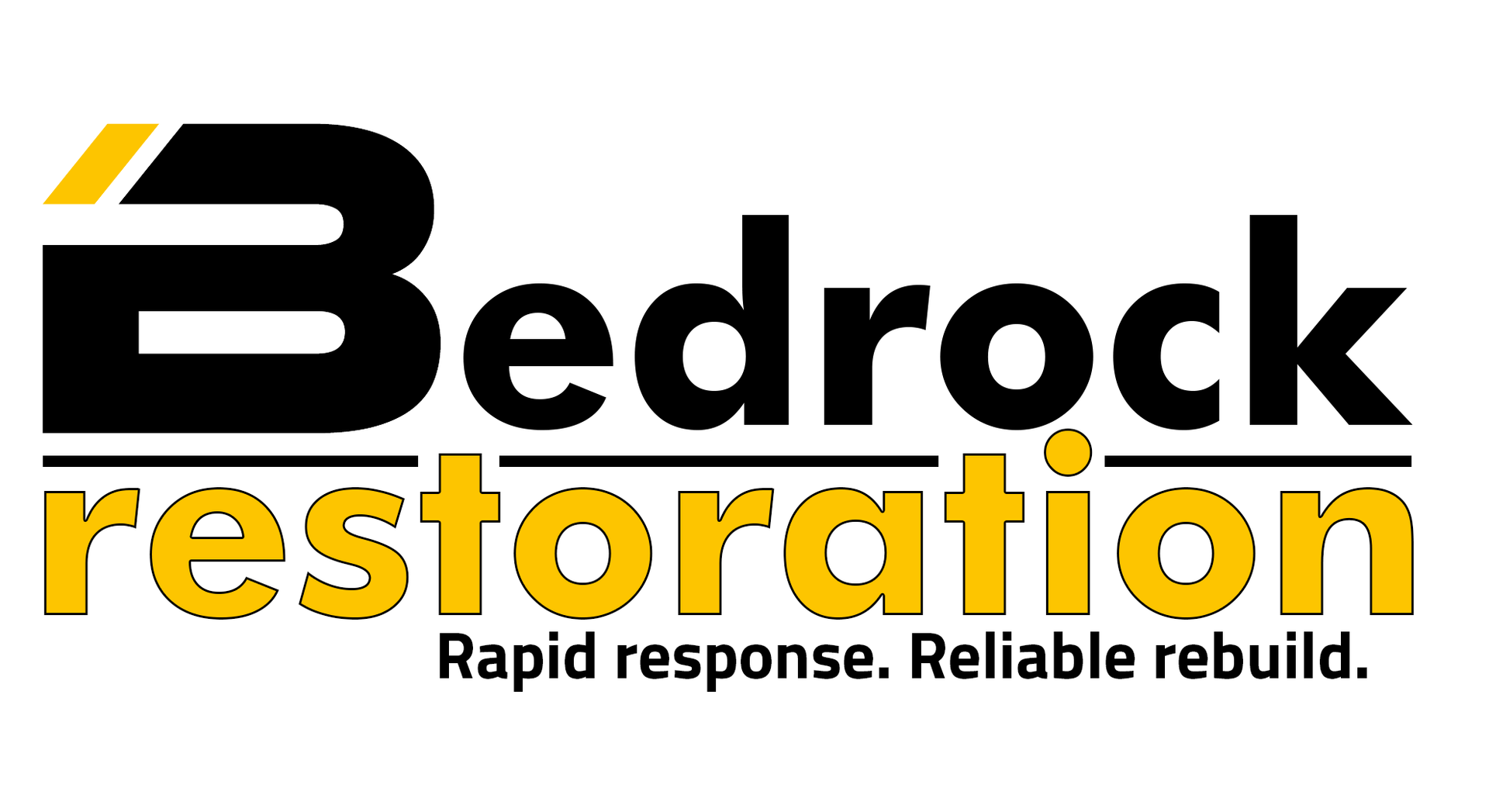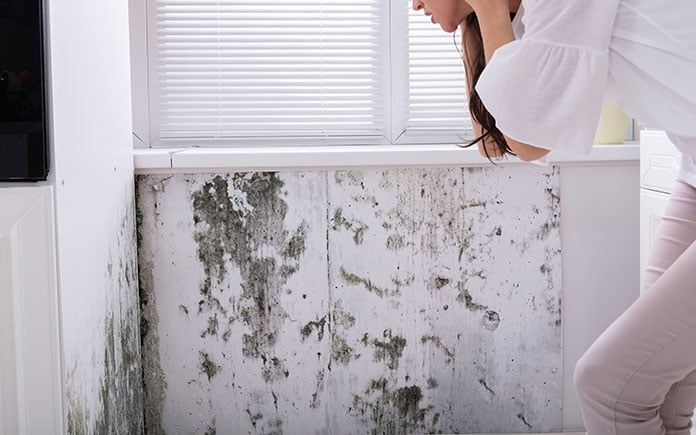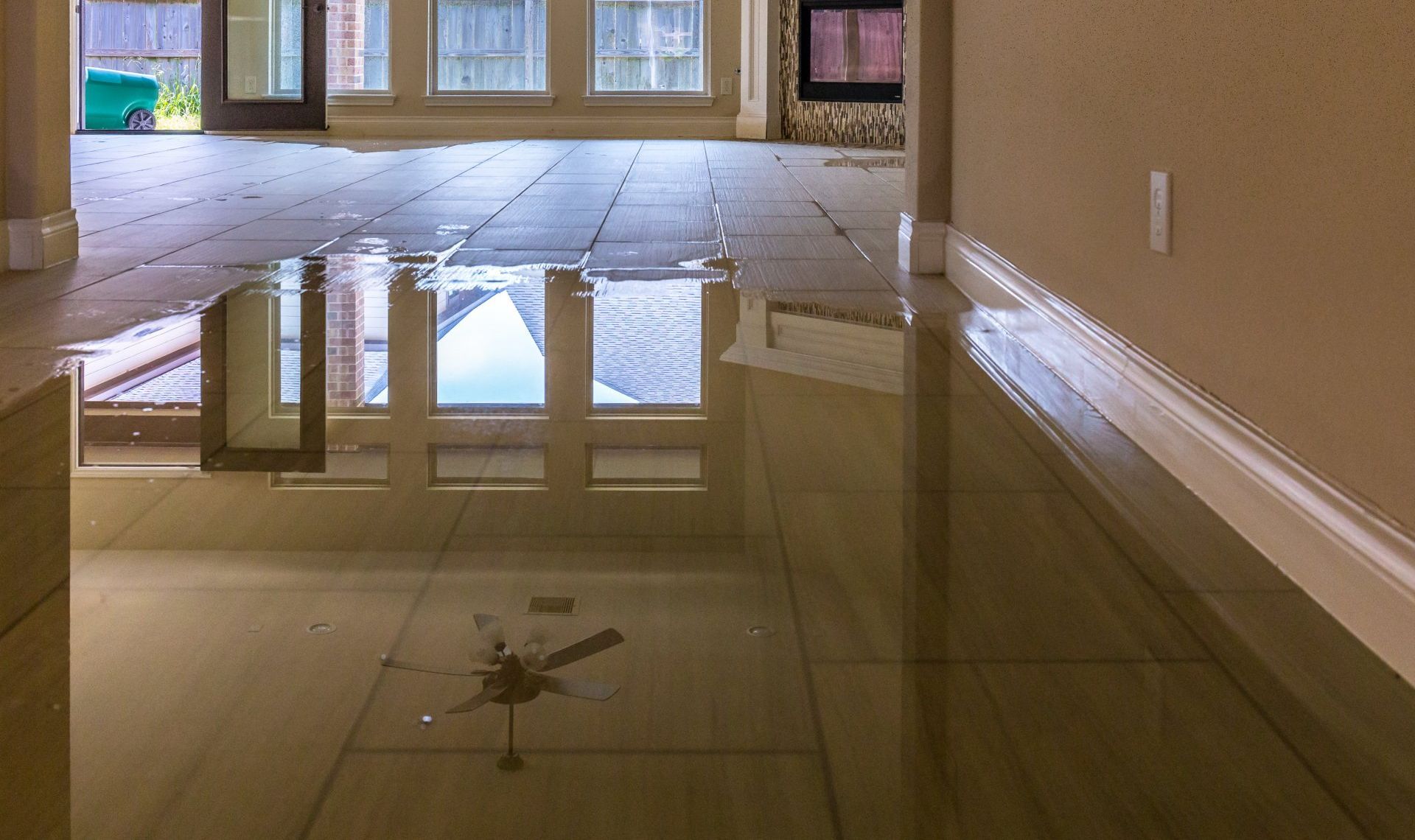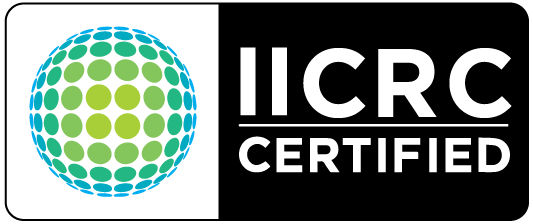How to Slow Down Water Damage From a Plumbing Leak
Homeowners' Guide to Slowing Down Water Damage from a Plumbing Leak
Homeowners often face a silent menace that can wreak havoc on their properties – water damage from plumbing leaks. A burst pipe or a slow drip may signal the start of a costly problem, but there are proactive steps you can take to minimize the impact and safeguard your home. In this comprehensive guide, we'll walk you through how to detect, contain, and prevent water damage from escalating in your home.
Understanding the Gravity of the Situation
Water damage is one of the most common and costly issues that homeowners face. According to the Insurance Information Institute, water damage is the third-leading cause of home insurance claims, with an average payout exceeding $10,000 per claim. Identifying and addressing a plumbing issue early can save you from a massive headache and an empty wallet.
The Telltale Signs of a Leak
Detecting a plumbing leak early is pivotal. Keep an eye (and ear) out for:
- Water bills spikes: Unexpected increases in your water bill might indicate an undetected leak.
- Stained or damaged walls and ceilings: Water stains can be an obvious sign, but sometimes the damage can be hidden inside walls.
- Mold or mildew: Excessive moisture is a breeding ground for these harmful fungi.
- Running water sounds: If no one is using water but you can hear it running, you may have a leak.
Quick Actions to Stymie the Flow
When you do encounter a leak, a swift response can mitigate damage.
Turn Off the Water Source
Knowing the location of your main shut-off valve is crucial. If you suspect a leak, turn the water off immediately to prevent further issues.
Call in Professional Help
While it's good to have some DIY skills, water leaks often require the expertise of a professional plumber. Don't hesitate to call for help when needed.
Tools for the Homeowner’s Defense
Luckily, there are several tools available that can help you keep tabs on your home's plumbing system.
Water Leak Detectors
These smart devices can detect even minute leaks and alert you to the problem, before major damage occurs.
Shut-Off Valves with Leak Sensors
Advanced shut-off valves feature built-in sensors that can detect leaks and automatically turn off the water supply.
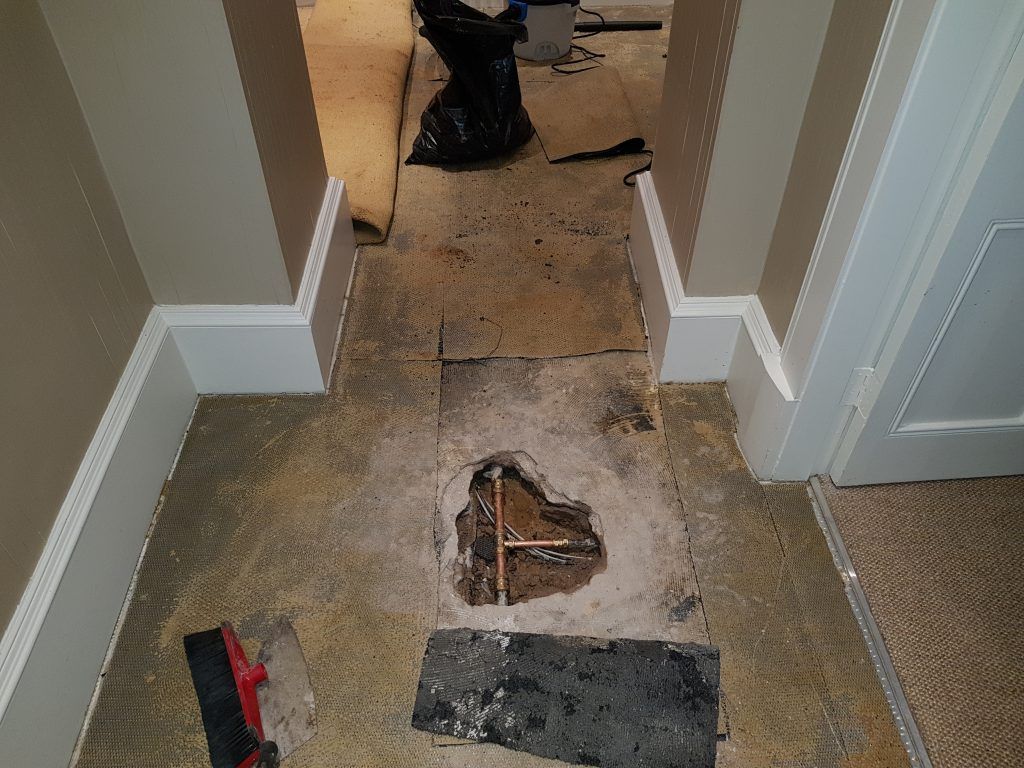
The Fine Art of Damage Containment
Water can be relentless in finding its way to places it shouldn't be, so containment is key.
Use a Wet/Dry Vacuum
These vacuums are designed to handle wet messes, sucking up water before it seeps into more vulnerable areas.
Opening Drains and Sewers
Ensuring that water has an escape route can prevent it from pooling and causing structural damage or mold growth.
Preventing Plumbing Peril: Long-Term Solutions
The best strategy for dealing with water damage is to prevent it from happening in the first place.
Regular Inspections
Check your plumbing for any signs of damage or corrosion. Replace worn out hoses and pipes to nip potential problems in the bud.
Insulate Exposed Pipes
Pipes in unheated areas of your home can freeze and burst, leading to catastrophic leaks. Insulating them can prevent this winter woe.
Monitor Your Water Pressure
High water pressure can strain your pipes, making them more likely to leak or burst. A pressure gauge can help you keep it in check.
Partnering with Technology for Peace of Mind
There are a number of technological advancements that can assist in the war against water damage.
Smart Home Water Monitoring Systems
These comprehensive systems provide real-time leak alerts and can even shut off your water remotely.
Non-Invasive Pipe Inspection Cameras
These cameras can give you a clear view of the inside of your pipes, identifying leaks or clogs without destructive digging.
The Importance of Preparedness
Every household should have a plan in place for dealing with potential water damage.
Create an Emergency Kit
Gather supplies such as sandbags, sump pumps, and moisture-absorbing materials to use in the event of a leak or flood.
Deploy Water-Blocking Technologies
In the case of an emergency, water-activated barriers can be a homeowner's best friend, diverting or blocking water from spreading.
Conclusion
Water damage from plumbing leaks can be a homeowner’s worst nightmare. By staying vigilant, well-equipped, and well-informed, you can take control of the situation. From early detection to smart home technology, the solutions are within your reach. In the end, your home – and your peace of mind – will be all the better for it. Remember, when it comes to plumbing leaks, the best offense is always a good defense.
